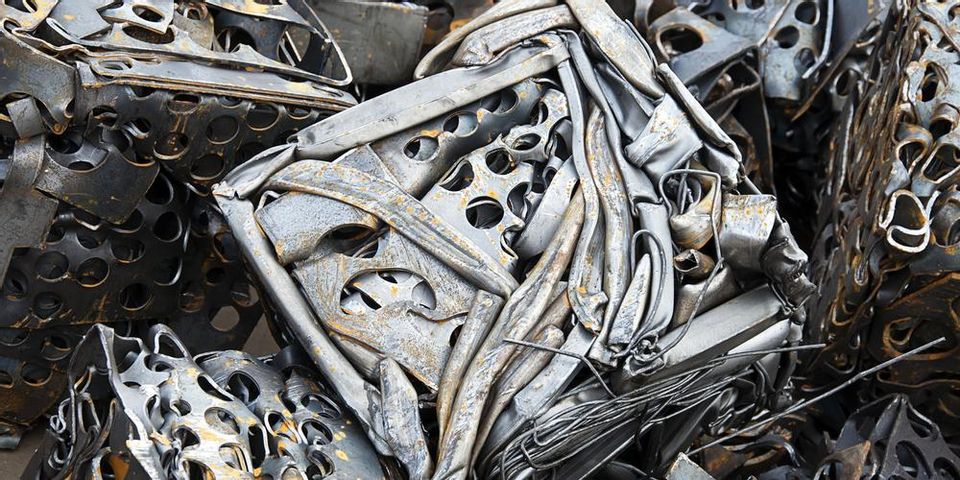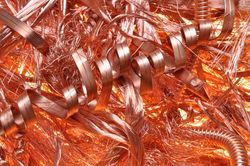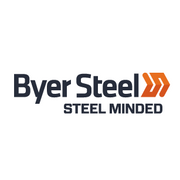
The world of metal manufacturing and scrap metal recycling is full of terms that might mystify someone with little experience in the field. Terms such as "ferrous" and "non-ferrous" are common and essential knowledge in the industry, but what qualities set these two distinct categories of metal apart? Let's take a closer look at some of the more common types of scrap metal for a better idea of what makes each category unique.
The Difference Between Ferrous and Non-Ferrous Metal
Ferrous Metal
Ferrous metals primarily contain iron. Small amounts of other elements or metals are present, giving ferrous metals their properties. Ferrous metals are magnetic, and more prone to corrosion than other types. Examples include steel, carbon steel, alloy steel, and wrought iron. Among the ferrous metals at recycling centers are scrap metal from demolition sites and vehicles, as well as metal offcuts from metal manufacturing industries.
Non-Ferrous Metal
Non-ferrous metals lack  iron, are more resistant to corrosion and do not have magnetic properties. Non-ferrous metals you may be familiar with include copper, zinc, lead, brass, nickel, aluminum and aluminum alloys.
iron, are more resistant to corrosion and do not have magnetic properties. Non-ferrous metals you may be familiar with include copper, zinc, lead, brass, nickel, aluminum and aluminum alloys.
Whether you're looking to purchase or recycle metal, it always helps to know more about the materials you're dealing with. Combined with the assistance of a reputable manufacturing and recycling center, you can make the most out of your metals.
Byer Steel of Cincinnati, OH, has been providing Tri-State area residents and industrial clients alike with the most convenient means of metal recycling and more since 1937. They are also known for producing some of the highest-quality products in the steel rebar industry. Visit their website for more information on their metal manufacturing and recycling services, and call them at (513) 948-0300 to discuss your metal needs today.
About the Business
Have a question? Ask the experts!
Send your question

